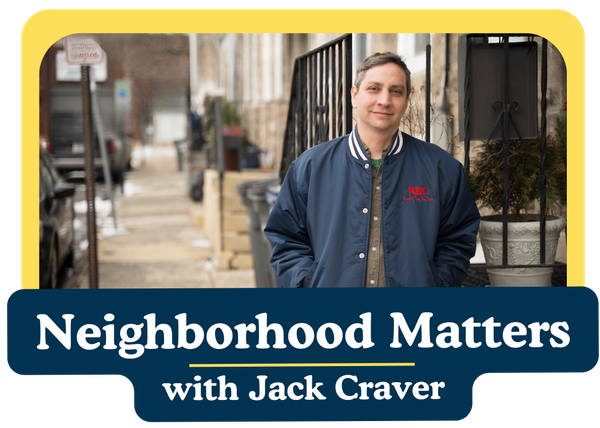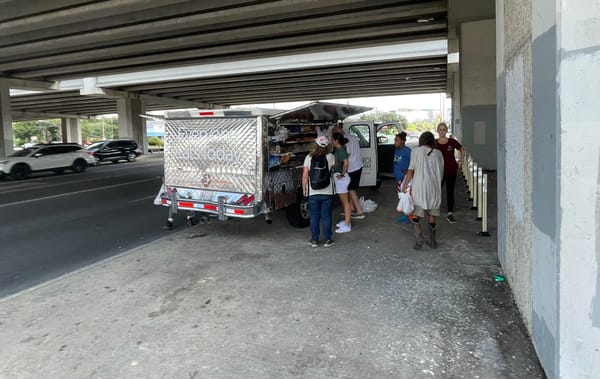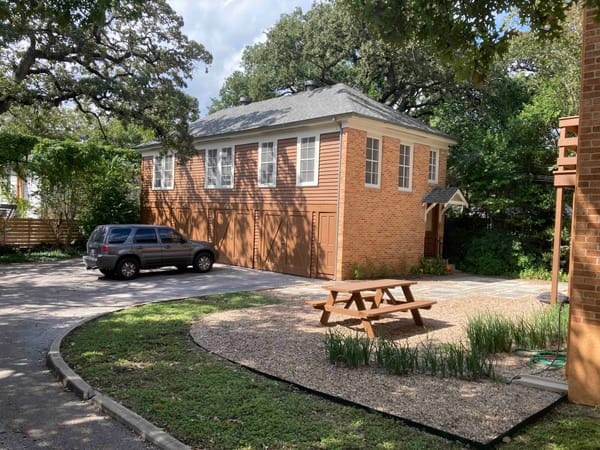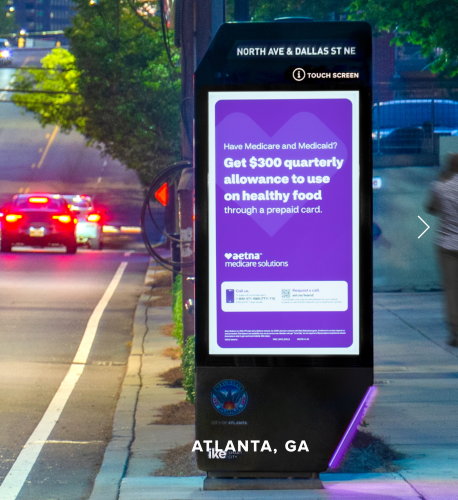FU-Q: Tax hike goes down in flames
No way to sugarcoat it.

Austin voters delivered a giant middle finger to City Council last night. There's no nicer way to put it.
Prop Q went down 64-36. The only part of town where it did well was the most liberal bloc of central neighborhoods and a few other precincts throughout the city.
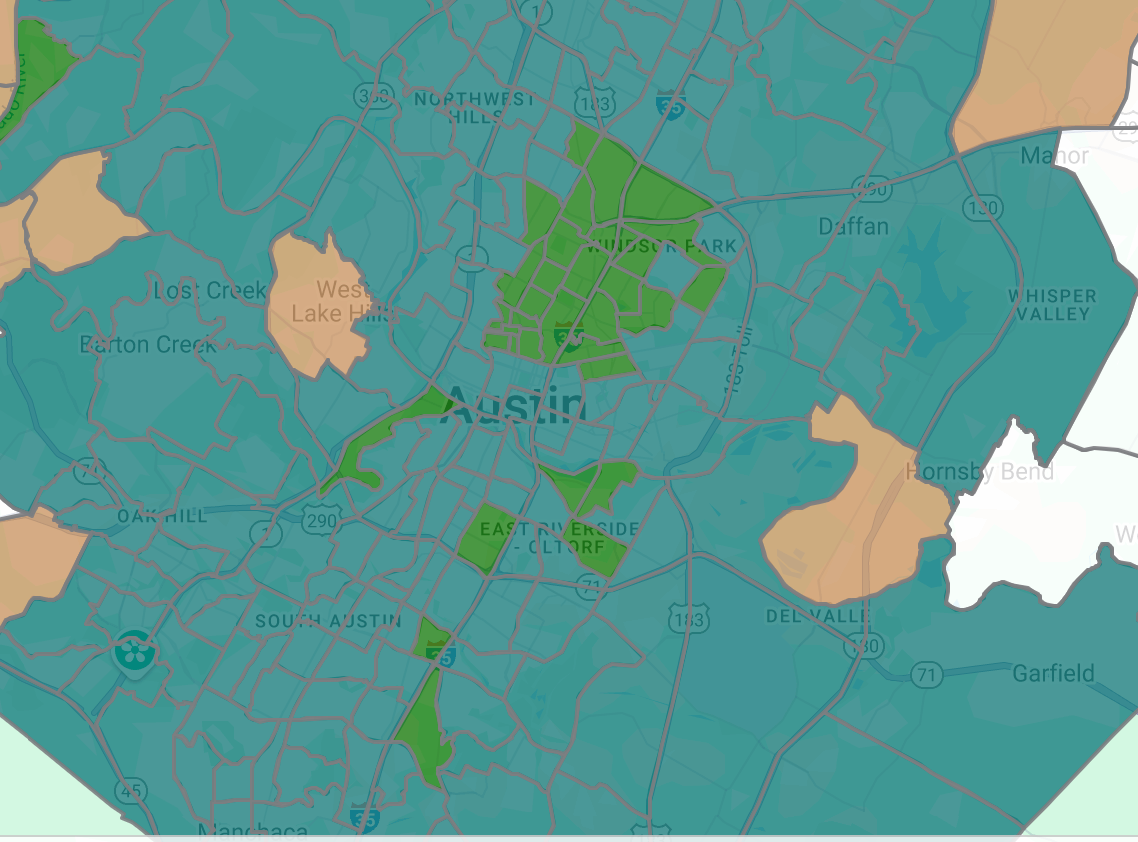
The typical progressive cope would be to blame it on "misinformation,” unfriendly media coverage or an odd year electorate that wasn't representative of the city as a whole, but the margin of defeat was too large for even the most rabid Prop Q partisans to rationalize.
It’s not as if the national landscape was unfavorable to left-of-center politics. Democrats won big in Virginia and New Jersey and a democratic socialist was elected to lead America’s biggest city. Indeed, it was those victories (particularly the Mamdani win) that lightened the mood at the Brewtorium on Airport Blvd, where the “Care Not Cuts” coalition of Prop Q supporters assembled last night.
(Care Not Cuts was the union-backed effort that focused largely on field operations. Love Austin, the campaign led by former Watson campaign manager Joe Cascino, did not hold an event last night, ostensibly in anticipation of the defeat)
Mayor Kirk Watson and City Council members had statements prepared in anticipation of the defeat and released them shortly after the early vote was reported, stressing their respect for the voters’ verdict and commitment to rebuilding trust with the electorate.
A question of capital, financial & political
Here's what I wrote 13 months ago about the AISD tax rate election:
My concern is that even with this tax hike, AISD is still going to make tens of millions of dollars in cuts. How are voters going to feel when they approve a big tax hike with such a small ROI? Is that going to further undermine confidence in the district? Moreover, will that make it harder for other local governments to seek tax hikes –– which they absolutely will need to do –– in the coming years?
Mmmm hmmm.
And then here's something I wrote almost exactly one year ago in response to the city's half-baked "Cap and Stitch" plan for I-35:
Here's the problem. We are entering an era where, due to the taxing limits imposed by the state on local governments, the city and county are going to depend on voters to approve tax hikes just to maintain current service levels.
Voters in recent years have been generous, approving every spending proposal (bonds, tax rate elections etc) that has been presented to them...
....But I don't think this will continue forever, especially as voters get bombarded with more frequent asks for tax hikes from multiple jurisdictions. Tax fatigue will set in, especially if the voters struggle to identify what their taxes have actually produced.
It would be very sad if the victim of that fatigue is not just these dubious highway caps but a tax that is needed just to keep the lights on at City Hall.
Some City Council members came to their senses and successfully pushed for chopping off the most expensive and far-fetched part of the proposed "Cap and Stitch" plan, but it was still remarkable to me that five Council members wanted to spend hundreds of millions of dollars just so the city could potentially build a highway cap in Cherrywood 20 or 30 years from now. This type of politics only makes sense in a world with unlimited financial and political capital.
And the fact is that some of these Council members thought that was the world they were living in. They thought they didn't have to make tough decisions. That they could buy peace with the police union with massive raises AND make big investments in social services. And that all they had to do was put Donald Trump's orange face on a flyer and voters would have their back.
Shortly after the budget adopted I remember speaking to a Council member who dismissed the prospect of the TRE failing: "Nah, it'll pass. We have polling."
In fact, the first poll conducted by Watson showed it failing. But then AFSCME did a second poll with different wording that produced a different outcome. That was the poll they chose to believe.
Hard decisions
Council has some hard decisions to make. It's one thing to adopt a budget for this year. They can simply adopt the one proposed by City Manager T.C. Broadnax. But that budget is only "balanced" by virtue of short-term gimmicks: a raid on the city's reserve fund and a big increase in the Austin Energy general fund transfer.
The only structural change included in Broadnax's proposed budget that would cut spending long-term were controversial changes to the police and fire staffing models that would result in a projected (fwiw) $17M/yr reduction in overtime costs.
Speaking of cops ... the biggest long-term cost driver the city faces is the massive contract Council approved with the police union last year. 8% pay raise in the first year, 6% pay raise in the second year ... that far outpaces the projected rate of property & sales tax growth!
Just consider this: even if you eliminated every program in city government besides the police department, in a couple of years the city would have to ask voters for a tax hike because the state law does not limit the total level of taxation, it limits the year-to-year growth. If you spend $100 in year one and you want to spend $105 in year two, you gotta ask the voters.
Now, there is a provision in the police contract that allows the city to make changes in the event of a failed tax rate election. Will they do it? State law prohibits cities from EVER reducing a police budget, but presumably it allows a city to reduce future spending on police by amending a labor contract.
All of the liberal programming that gets the most attention on Twitter is a very small portion of the budget. Getting rid of all of it will not lead to a meaningful reduction in taxes.
If you really want to tame tax growth, then you have to look for efficiencies in your core services: police, fire, EMS, parks.
Governing with humility
City Council members should interpret the Prop Q defeat as a rejection, as a sign that they lost touch with their constituents. What they should not do is interpret it as a vindication of right-wing politics more broadly.
The median Austin voter appreciates public services and in many cases is heartbroken by what they see as their local leaders' failure to deliver or protect strong public services, most notably public schools. They don't believe the solution to homelessness is simply for cops to clear out encampments.
City Council needs to keep this in mind. They need to have a very public conversation about community priorities and tradeoffs. For every spending decision, there will be an expert who can speak eloquently about why it is so important, and Council members should take that into consideration. But they also need to take into account the public. Is this something that the public will see as providing value? Is this something that will help to build trust in local government?
Well...there will be a lot more to say about this in the coming days!
If you are an unpaid subscriber please consider becoming a paying member to get access to four full articles a week! Or if you found this article particularly valuable, you can show your appreciation by buying me a cup of coffee to fuel further investigation and analysis of city politics.


